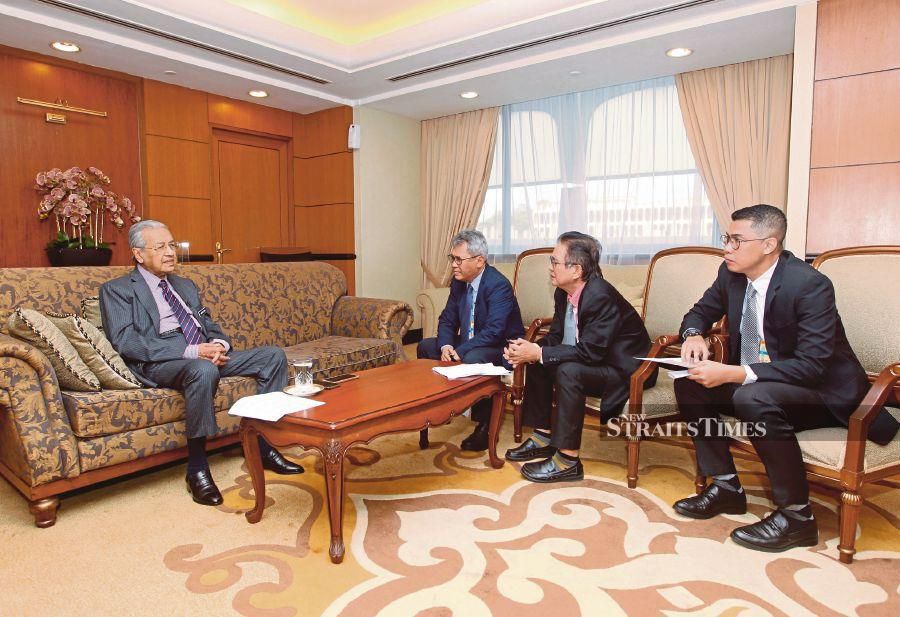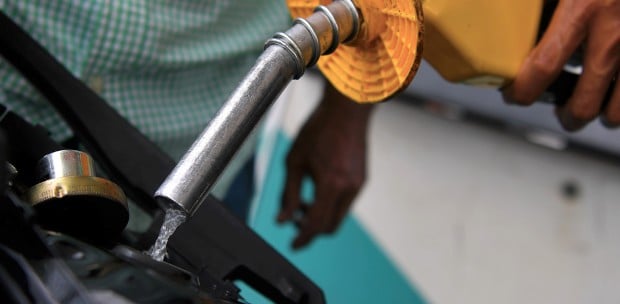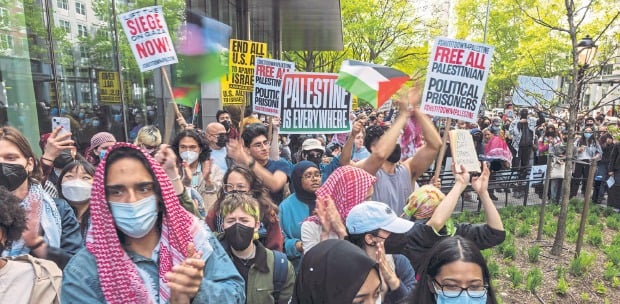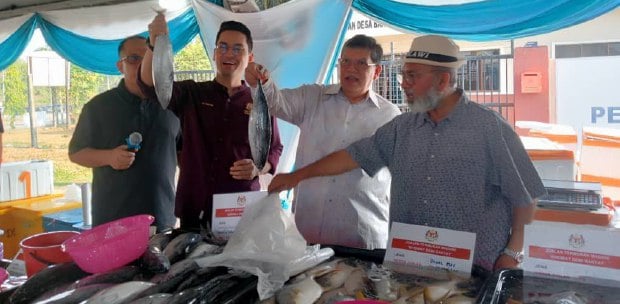Prime Minister Tun Dr Mahathir Mohamad recently sat down with the New Straits Times Press to discuss the shared Prosperity Vision 2030, Malay unity, Pakatan Harapan and more.
ON how the Shared Prosperity Vision 2030 can help the Malays and Bumiputeras
‘We will introduce ways for them to boost their income, but they first have to accept them, failing which they will continue to be poor.
‘In the past, when opportunities were handed to them, they sold off these opportunities, which benefits them in the short term, but ends with them remaining poor in the long run.
‘This time, the underprivileged must accept our ideas and put in the work. They cannot hope for free money. We have ways of helping them boost their income, but the reception (from the target group) is important.
‘We’ll find ways for them to move quickly. For example, when you plant padi, you don’t spend a whole year planting. There is a lull period, which one can use to manufacture products, which we will then help them market.
‘All these we can do and introduce, but they have to dedicate their time towards this.’
On his ‘lazy Malays’ rebuke at the Malay Dignity Congress
‘I believe in truth and I have experience. Many people I’ve employed have disappointed me by failing to work properly, by being dishonest.
‘Najib’s (former prime minister Datuk Seri Najib Razak) government gave out free money (to the people). This destroys the people’s morals. The people then believe that they don’t need to work to get money.
‘This is why we don’t want people to be too dependent on government aid. I’ve observed that in other countries, they are developed because they work. I don’t wish to be rude (when talking about this), but for 20 years, I’ve been saying that, no one seems to have listened.
‘I spoke about how the Chinese and Indians worked as labourers when they first came to this country, doing the dangerous, dirty and difficult jobs. Now, their descendants are billionaires because they work.
‘Next, foreigners who stay here will eventually become citizens. When we (Malays) run out of money, we will sell our land. We see what has happened to Kampung Kerinchi, Kampung Abdullah Hukum. There are so many skyscrapers but none are ours.’
On Pas and Umno touting themselves as champions of Malay unity and how it affects Pakatan Harapan
‘I was from Umno. Back then, in Umno, we didn’t abuse power, didn’t steal money, so people supported us. Pas was formed when Tunku Abdul Rahman didn’t choose the ulama within Umno as elected representatives. They left, formed Pas and, thus, split the Malays.
‘After that, more people left Umno to form their own parties. Now there are six parties, all banking on the same number of Malay support. When these parties split up, they become smaller. So when a party is small, they’ll make all sorts of promises to gain support.
‘When I left Umno, I didn’t want to form another party, but Umno kept committing wrongdoings. If we didn’t manage to convince the Malays to bring down Umno, things would remain the same.
‘So much money was stolen, billions. Now the government is struggling to pay these debts.
‘I think that if there wasn’t a change in government, we would have ended up bankrupt like Greece.’
On the Asia-Pacific Economic Cooperation
‘We have to show the world that we are working towards helping the country recover and that we have had some success. Our policy is to be friends with everyone, regardless of ideology, be they communist, socialist, capitalist.
‘We want to be friends because we want to trade, which Malaysia depends on.
‘Me, leading Apec? If I’m still the PM, then I’ll do it. If people throw me out, then I don’t know. But I hope I can, as this involves international matters and they can be tricky to manage.’
On the possibility that infighting in PKR will affect PH as a whole
‘All parties have their own problems, but from what I see, they are willing to work together in the cabinet, and that government matters are running smoothly. There are some weaknesses, but the cabinet is made up of five parties which have their own views, yet we can still make decisions.
‘No, I don’t have the ability to become a peacemaker. I’ve found that although they accept me as PM, they don’t accept me as a peacemaker for others. That’s their business.’
On his criteria for the cabinet reshuffle
‘The problem with a reshuffle is that when we discard one person, it becomes a problem for another. There’s no guarantee that the new person is better than the previous one.
‘I have experience in this. I stepped down to make way for another. But instead of getting better, it became worse. From Pak Lah (former prime minister Tun Abdullah Ahmad Badawi) to Najib, it worsened. So we have to think this through when we do a reshuffle.
On non-performing ministers
‘There are some who are unfamiliar with the work, so they come to me to help make decisions.I try to help them. It was the same in the past as well.’





